HotSpots H2O: Water, Sanitation Services Face Shutdown in Yemen as Aid Funding Falls Short
Yemen. Photo courtesy of Rod Waddington/Flickr.
Aid operations to offset the deprivations of war are at risk of collapse in Yemen as funding falters, the United Nations warned last week.
“More than 30 of the 41 UN-supported programs in Yemen will close in the coming weeks if additional funds are not secured,” Rupert Colville, UN human rights spokesperson, announced at a recent briefing in Geneva. “Now, more than ever, the country needs the outside world’s help, and it’s not really getting it.”
At a June 2 conference, international donors pledged $1.35 billion, but the UN warned that the commitments are not enough to prevent the shuttering of several aid services.
Further distressing matters, pledged money has been slow to roll in. Jens Laerke, a spokesman for the Office for the Coordination of Humanitarian Affairs, noted that only 47 percent of the funds had been received as of June 12.
The civil war in Yemen has raged for five years, and has left around 24 million citizens reliant on some degree of aid. Many Yemenis suffer from chronic shortages of food, water, and other basic needs. Several illnesses, including cholera and diarrhea, are common in the country. There is also fear that Covid-19, which has infected 728 Yemenis and killed 164 so far, will begin to spread rapidly. With limited testing, the true extent of the disease’s penetration into the country is unknown.
At the end of May, a coalition of 17 aid groups called for $2.41 billion in funding to combat Covid-19 and continue providing essential aid services. Aid workers warn that the healthcare situation in many parts of the country is grim, with hospitals lacking clean water, protective gear, and other essentials needed to treat Covid-19.
Also at the Geneva briefing, United Nations Children’s Fund spokesperson Marixie Mercado expressed concern about children’s access to clean water and adequate sanitation.
Mercado claims that “humanitarian needs have never been more acute, or funding more constrained” in Yemen, and warns that children could take the brunt of the dire situation.
Mercado explained that a total of 4 million people who receive support from UNICEF — half of whom are children — could face cuts to basic services unless the organization receives more funding.
“The most immediate and critical funding gap is for emergency water, sanitation and hygiene operations, including for the COVID-19 response,” Mercado said. “Unless UNICEF receives $30 million by the end of June, water, sanitation and hygiene services will start shutting down for these 4 million people in July. This means UNICEF will not be able to provide fuel to operate water pumping stations, or de-sludge sewage, or maintain crumbling water and sanitation infrastructure.”
Aaron Brent, Yemen country director for CARE, a humanitarian organization, voiced similar concerns in a recent briefing. The document notes that water infrastructure in Yemen is operating at less than 5 percent efficiency, and that the majority of Yemenis lack basic hygiene items.
“We urgently need these pledges to be honoured,” Brent said, in reference to the promised $1.35 billion in funding. “This will make the difference between life and death, especially those who lack the simplest of things – clean water and soap, which so many of us take for granted.”
Kayla Ritter is a recent graduate of Michigan State University, where she studied International Relations and Teaching English to Speakers of Other Languages. She is currently based in Manton, Michigan. Kayla enjoys running, writing, and traveling. Contact Kayla Ritter

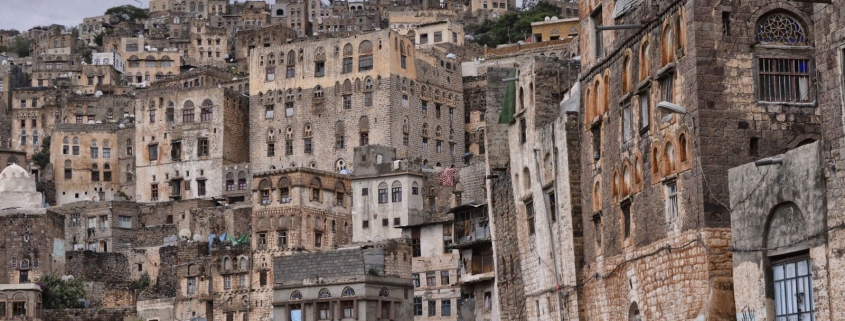
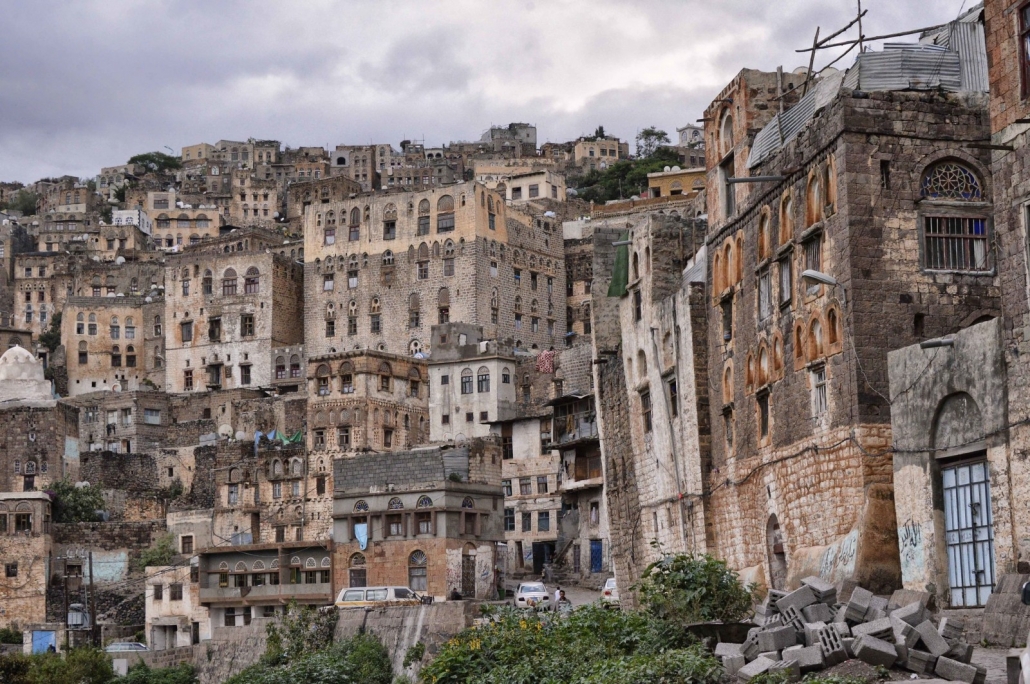


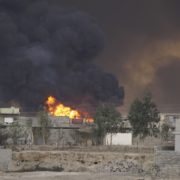

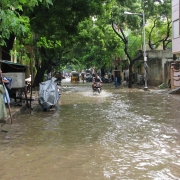
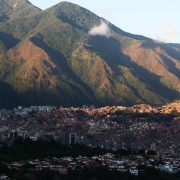
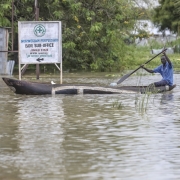


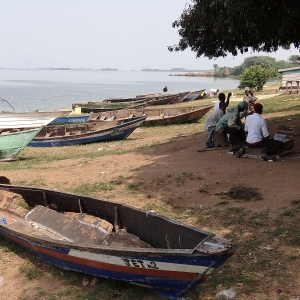

Leave a Reply
Want to join the discussion?Feel free to contribute!